Description
100% green.
Certified organic natural viticulture treated in a special way, seeking a lower yield in order to obtain a higher maturity.
"Return to nature what man has stolen" THE VINEYARD
Board Characteristics
Store: Own Vineyards, in Bodega Menade, Rueda (Valladolid)
DO Rueda
Add: 2015
Grade: 15,5%
Variety: 100% Verdejo
Operating temperature: 8-10ºC
CATA's notes: Golden color, iridescence of old gold, clean and crystalline.
On the nose: Minerals reminiscent of wet ground. Fruit aromas, like ripe apple; and honeyed, with pastry cream and roasted apples. Memories of saltpeter.
In mouth: Very voluminous unctuous entry, although delicacy is its greatest attribute. Perfect balance between sweet sensation and very subtle salinity. Memories of our origins, an infinite wine that represents nature in its purest form.
Preparation: Smenade supernatural is a white wine made with the variety green through the winery Menade as VT Castilla y León en Spain.
The bunches with which the wine is made Menade's Supernatural they are selected and harvested manually. Upon reaching the winery, the grapes ferment under their own native yeasts. The resulting wine undergoes spontaneous malolactic fermentation and is aged for 30 months in vats and used oak barrels. The wine is bottled without the addition of sulfur and undergoes a refinement in the cellar for a further six months, before being released on the market.
La Menade Winery was founded in 2005 but has a centuries-old winemaking tradition whose experience is evident in each of the wines it makes and which are a faithful reflection of the environment where they are born, thanks to minimal intervention work that enhances the expression of the terroir and that of each of its varieties.
Menade's Supernatural is a wine of patience, a tribute to nature that is shaped over time in which the variety green He is raised and grown without makeup and expresses his maturity and wisdom with supernatural authenticity.
Pairing: in Made in Spain Gourmet We recommend it with smoked meats, baked or grilled white fish, fish rice dishes, roast chicken, and aged sheep cheeses.
The vineyard
The key is to combine tradition and technology to pamper the vines. It is about seeking an alliance with the environment to take advantage of the resources it provides, take care of it through traditional cultural practices. At Menade they replace chemical treatments with other natural techniques, such as plant infusions (nettles, cinnamon...) or whey, which are more respectful of the soil, the vine and yeasts. Far from being enemies, the insects that populate the Menade vineyard are faithful allies for the prevention of pests. First they are attracted with aromatic extracts to act as predators and then rest in their 'hotels', pollination gardens full of aromatic plants where insects and reptiles live in harmony. The ecosystem of the farms is completed with a series of shrubs and mobile trees in order to improve the biodiversity that populates the vineyard. A polyspecific garden with more than 40 species from Castilla y León that is alive all year round welcomes the winery. All these practices have an impact on the final result of the wines, because in addition to tasting good, they feel good. They make wines free of allergens and histamines. Through all these mechanisms, Menade has taken a step beyond the ecological label. They are no longer green, they are natural.
WHERE 40 SPECIES LIVE
The also called Bodegas Menade Pollination Garden is a large polyspecific garden with native species from Castilla y León that is alive all year round, for this reason perennial and cauda species have been used in order to develop a large floral circuit for all kinds of insects. , looking for a great entomological variety.
The large Insect Hotel contains 40 species representative of the different strata of the ecosystem. In the lower plane, at ground level, small-stemmed, aromatic species such as lavender, sage or different types of rosemary have been planted.
On the medium level, it has opted for wild roses, red lavender, blackthorns, elders and wild brambles, among other.
The plants and trees installed in Bodegas Menade come from outdoor crops with chopped roots, that is, a reinforced root system. A studied environmental restoration procedure in an area marked by progressive desertification, due to the climatic characteristics of the area and cultural practices that are not respectful of the environment.
Although the largest Menade Pollination Garden is located close to the winery's facilities in Rueda, there are also other small hotels in the different parcels of the estate.
The creation of these micro-ecosystems, suppose a Habitat for insects and birds that predator other insects, harmful to bunches. That is to say, the floral species will become 'hiding places', improve environmental richness and allow a balance between flora and fauna.
A studied environmental restoration procedure in an area marked by progressive desertification, due to climatic characteristics and cultural practices that are not respectful of the environment.
MENADE FARM
Menade is full of life, we want to contribute to our environment what one day man took from it.
Every morning they are greeted by a couple of zamorana breed donkeys, in danger of extinction, called Zamo and Rana. Two precious long-haired donkeys, which bring a lot of joy and help them keep the small ecosystem we are creating even more alive, attract insects and we can take advantage of their organic fertilizer.
the companions of stay of the donkeys are chickens and geese, part of the Menade Farm that will continue to grow to promote a habitat in which fauna and flora live in harmony. A life cycle.
DO RUEDA
Continental weather
The DO Rueda rises between 700 and 870 meters above sea level, with flat but high lands, which endure cold and very long winters, short springs with late frosts and hot and dry summers, only altered by inopportune storms. This factor forces the vines to look for their water resources in the depths of the subsoil, more than in other areas of Europe.
The pH. of its lands fluctuates between 7 and 8. This geological substratum has evolved on the surface towards brown soils on stony allochthonous deposits, giving rise to the typical “gravy” soils where the best DO Rueda vineyards are located.
Varieties white grapes
The DO Rueda is one of the few European wine regions specialized in the production of white wine and in the protection and development of its autochthonous variety, the Verdejo
The strong personality of the Verdejo (main variety), the adhesion of other varieties, as well as a vineyard that has learned to survive the harshness of its environment, almost hostile, to give the best of itself to the wine, make up the profile of Rueda white wines.
The varieties have been appearing throughout the history of the DO Rueda. In the 30 years, the variety begins to be planted in the area Fine Palomino, origin of fortified flor wines, with a higher yield than other varieties and capable of producing wines similar to those of Jerez, highly demanded at that time. Thus, it became the majority variety in the Medina region at that time (the CRDO Rueda does not allow new plantings of this variety). It is a variety that produces light wines with low acidity, very suitable for making wines with biological aging.
Variety Viura, with its reputation from La Rioja, began to cultivate in the 50s, a time when the classic white model passed through the wooden barrel. This variety gave the aristocratic touch of Castilian table wine, since those were times in which the virtues of the Verdejo were yet to be discovered and it was cultivated at the same time, at the extremes of generous and popular. It is used in white wines providing greater lightness and a point of acidity.
La Sauvignon Blanc (main variety) made an appearance in the years 70. Originally from the French Loire, it adds a floral component with aromas of grapefruit and passion fruit, compared to the flint touch of the Sauvignon del Loire, differences mainly due to the greater number of hours of sun when compared to the Loire and Bordeaux. However, they have in common the short vegetative period, which in the French zone is due to the northern latitude and in the Castilian zone to the altitude. The DO Rueda is a pioneer in the adoption of this French variety, which gives this region a modern and international character.
La Viognier, authorized in 2019, It is a variety that provides aromas of stone fruit and honey with hints of muscatel.
La Chardonnays, authorized in 2019, It is a variety with a medium-low aromatic intensity that provides the wine with notes of ripe fruit and which, over time, can express aromas of butter and walnuts.


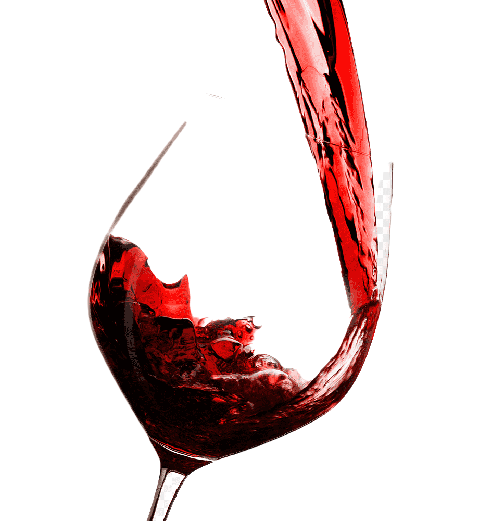
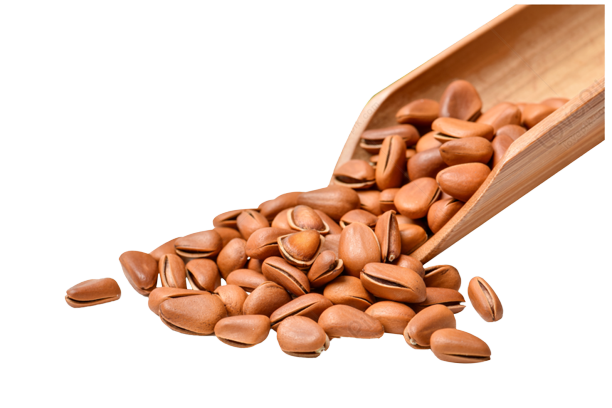
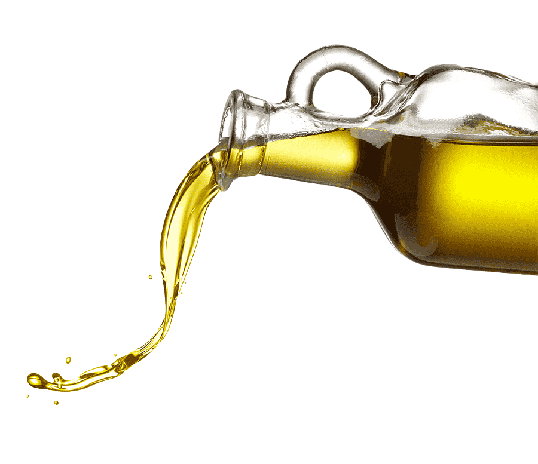
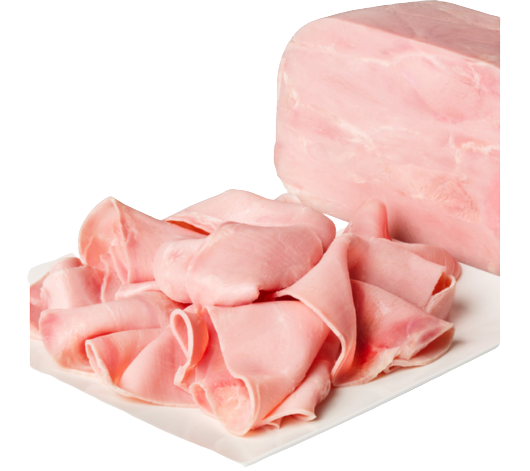
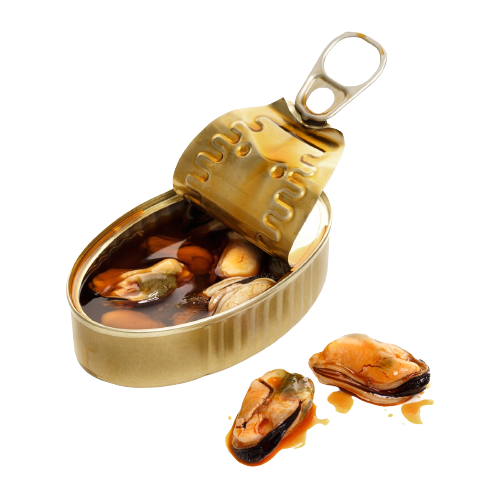
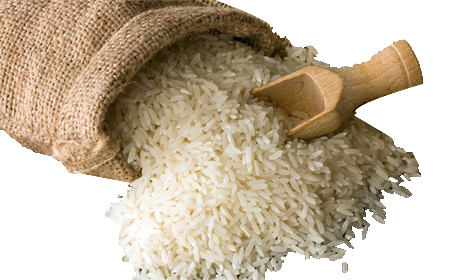
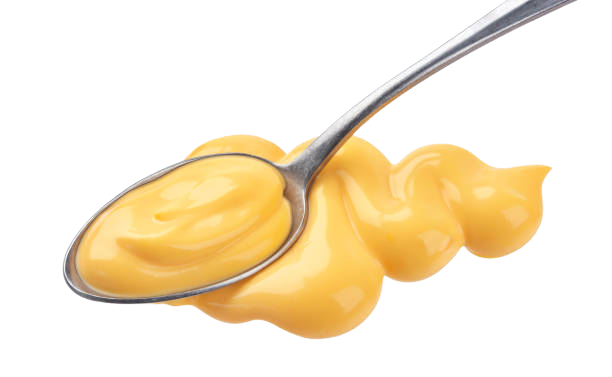
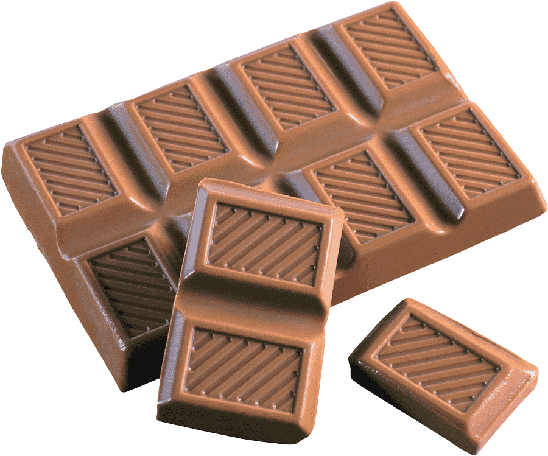


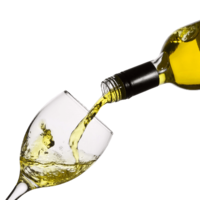
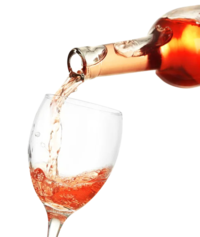


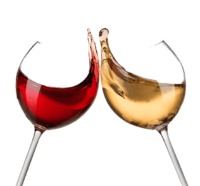
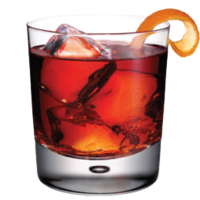

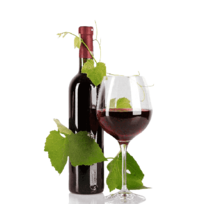
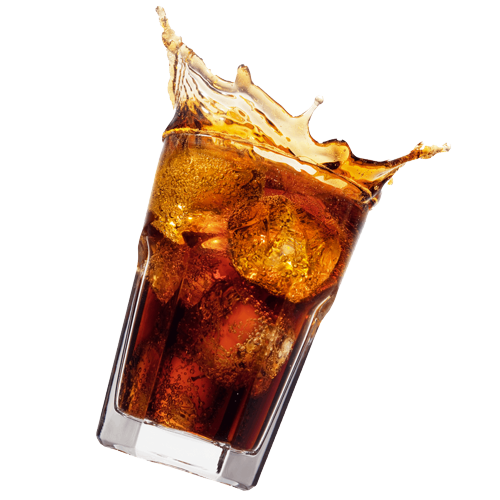
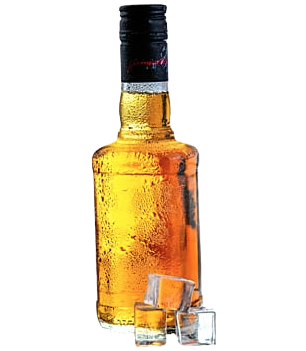
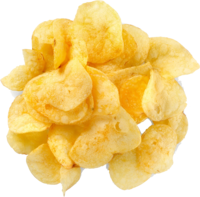

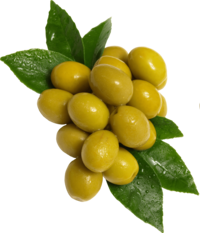
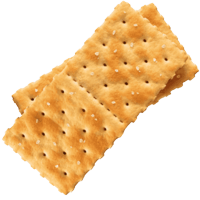
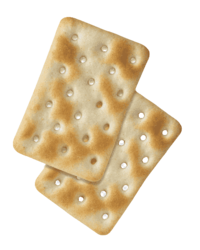
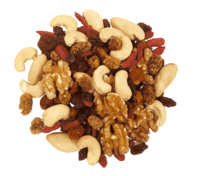

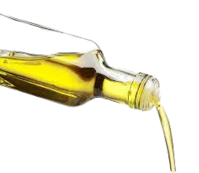

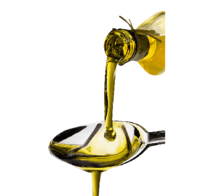
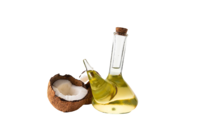

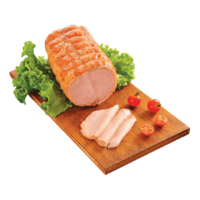


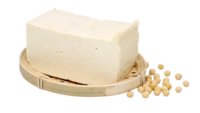
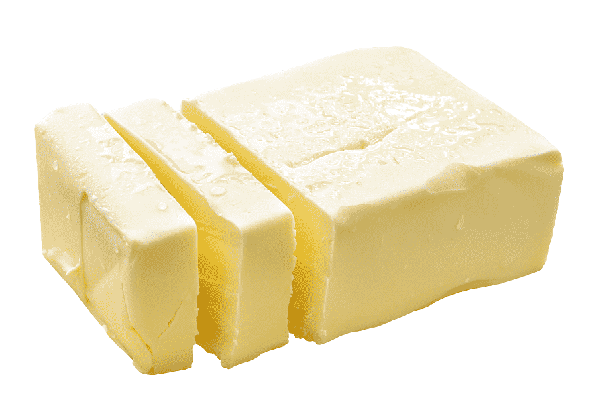
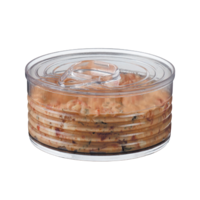
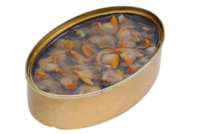
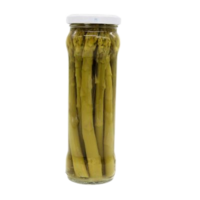
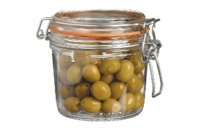
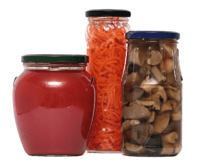
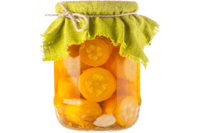
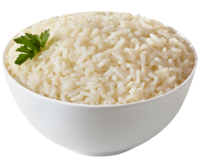
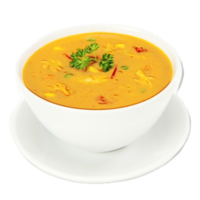
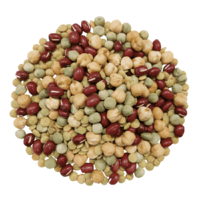
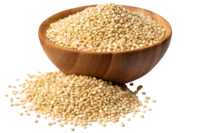
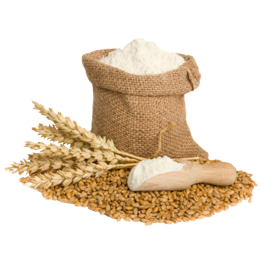
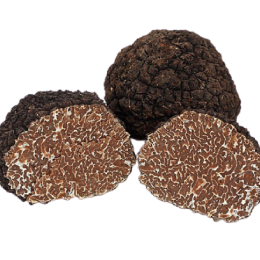
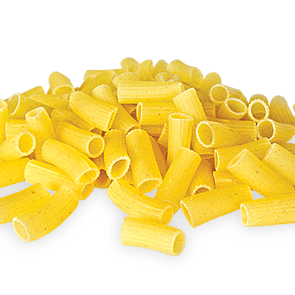

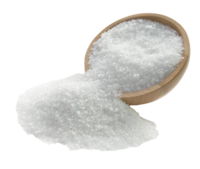
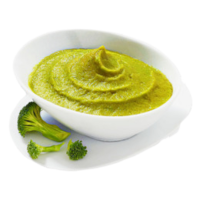
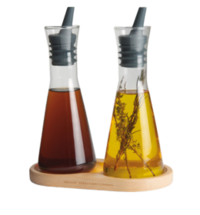
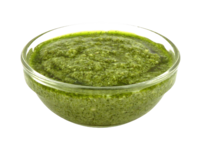
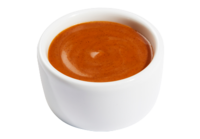

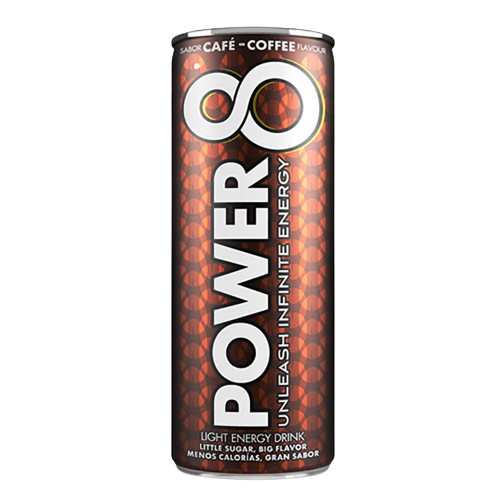
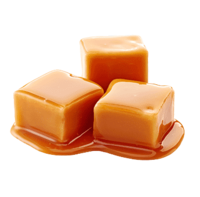

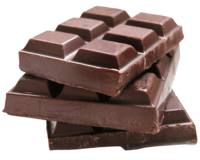
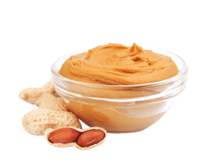
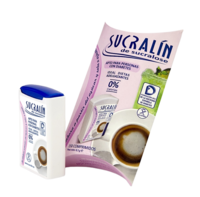

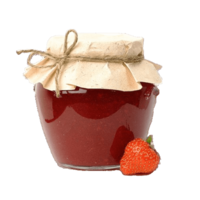
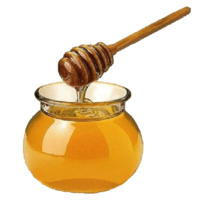
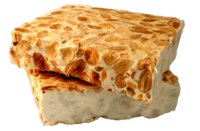

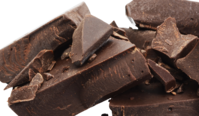
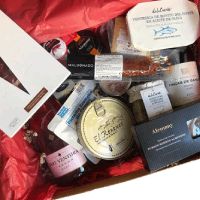
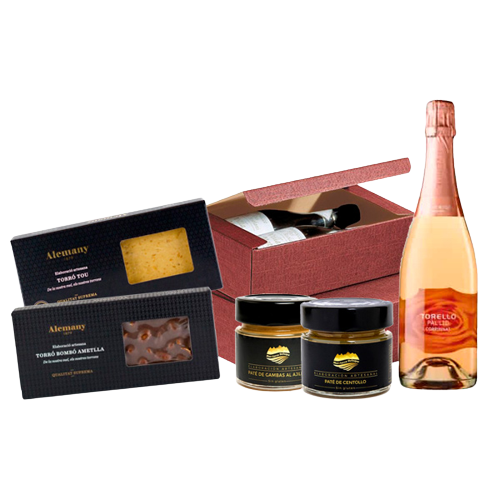
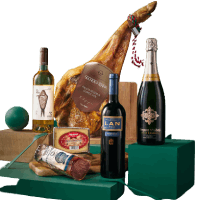
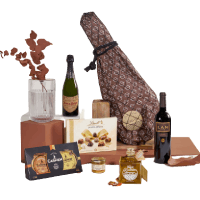
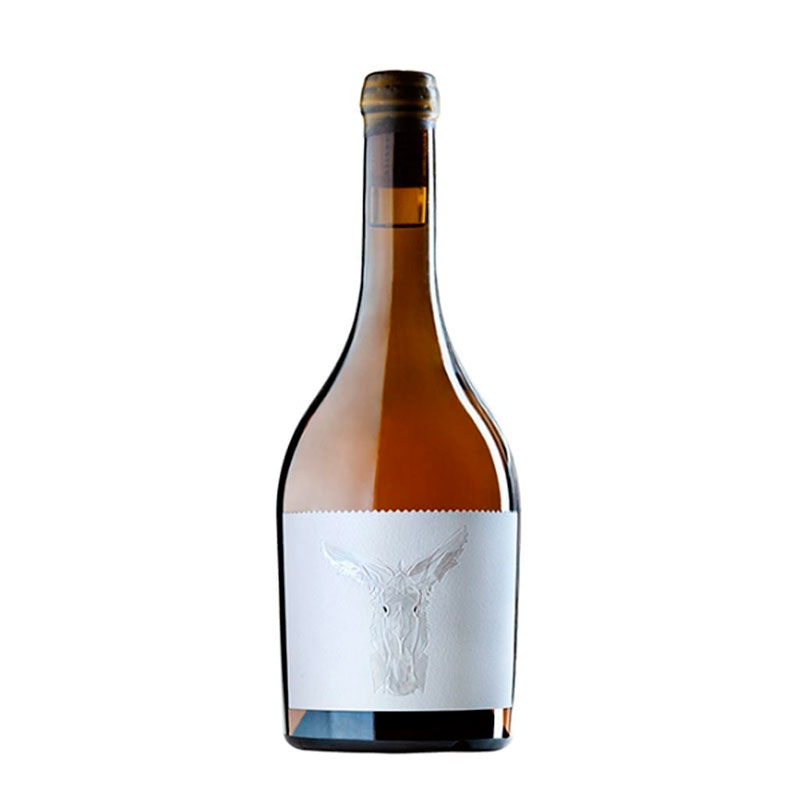
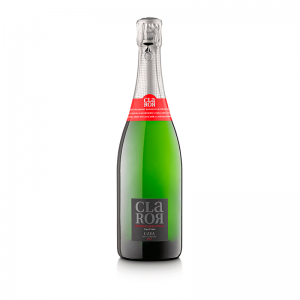
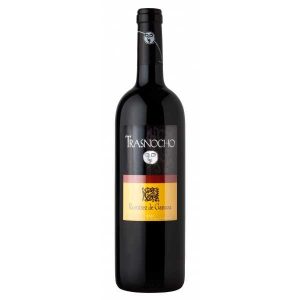
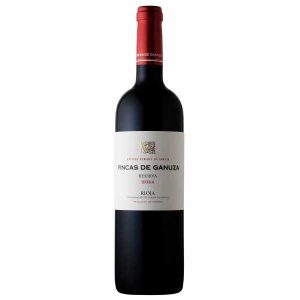
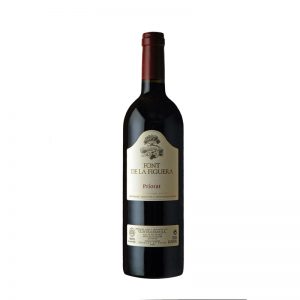



Israel Romero -
Exquisite and with a great bouquet.